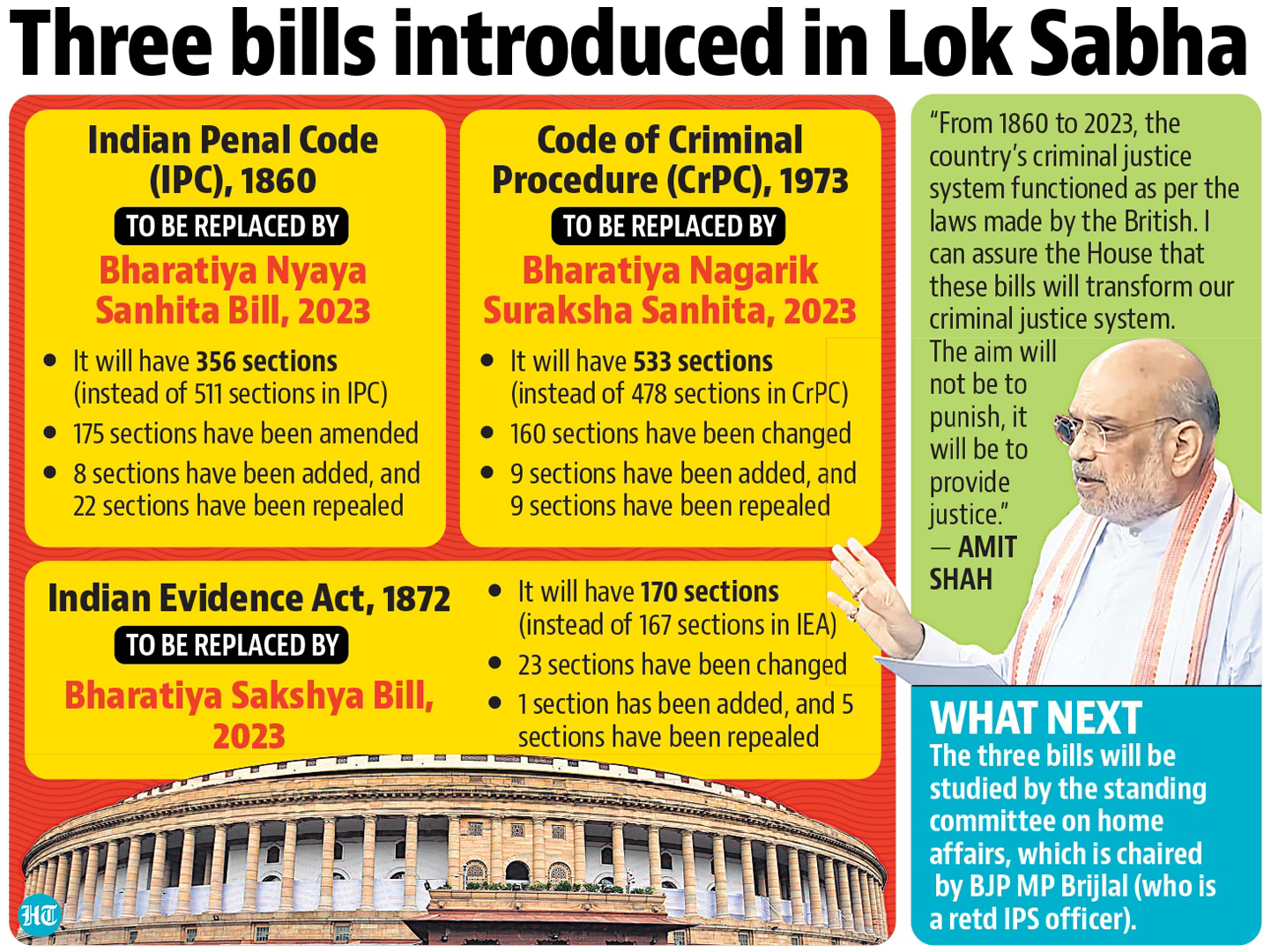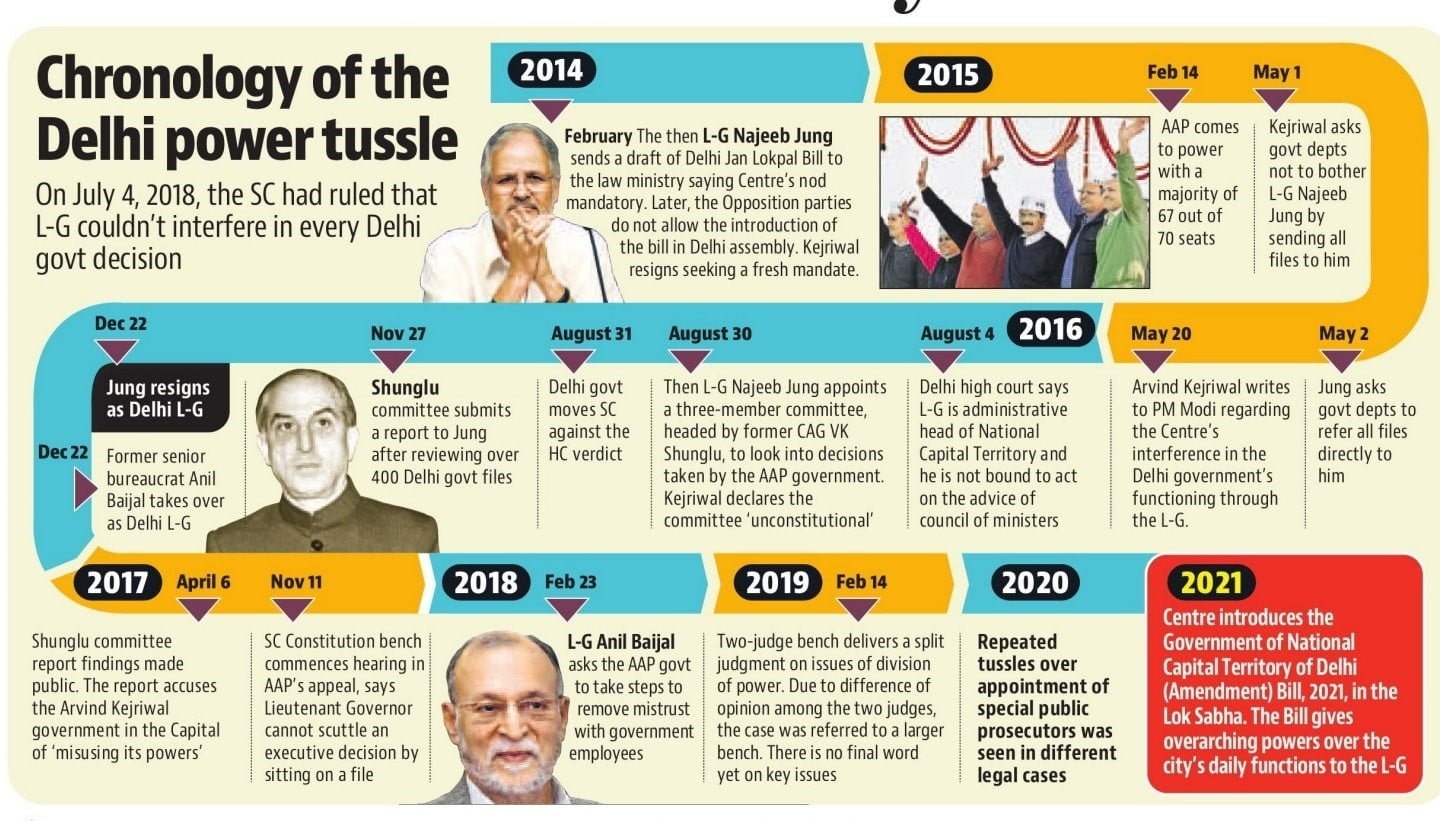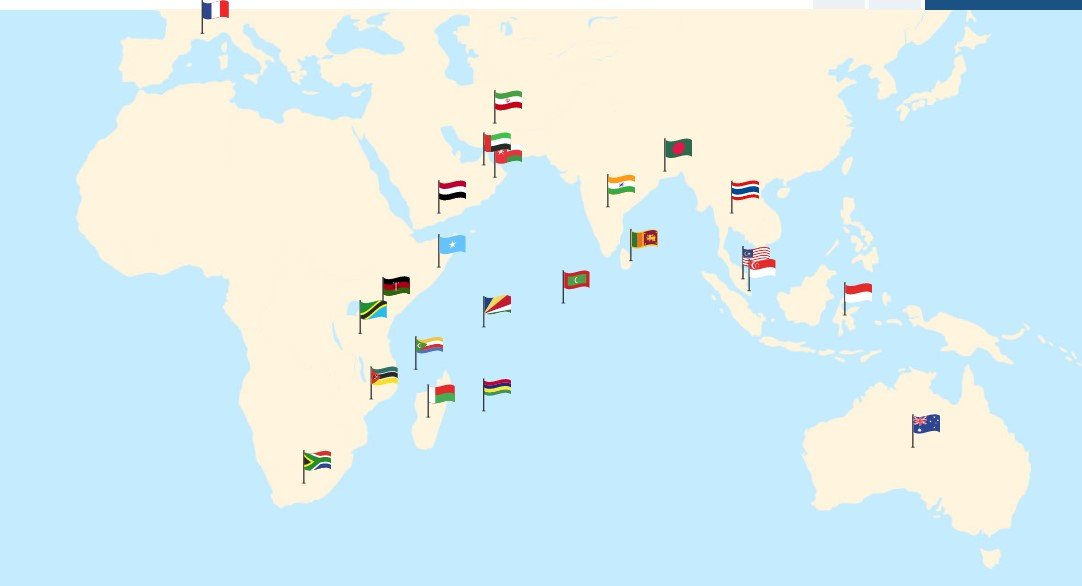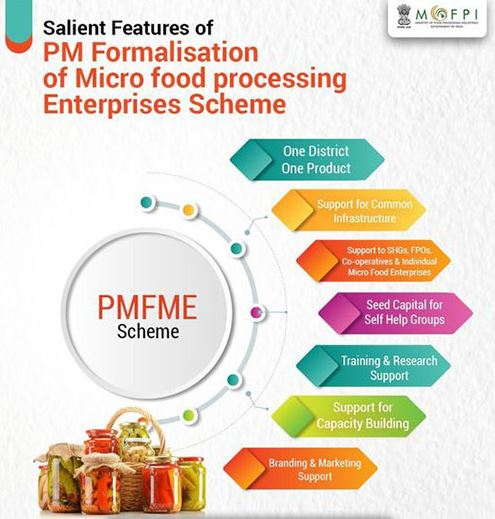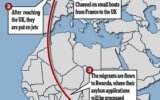
European Union’s New Migration Pact
Subscribers of "Current Affairs" course can Download Daily Current Affairs in PDF/DOC
Subscribe to Never Miss an Important Update! Assured Discounts on New Products!
Must Join PMF IAS Telegram Channel & PMF IAS History Telegram Channel
- Context (TH | IE): The European Union (EU) has agreed on reforms designed to share the cost of hosting and limiting the numbers of migrants and refugees.
- The pact still needs to be formally approved by the European Council, representing the 27 member nations, and the European Parliament.
- Recently, the UK Supreme Court ruled the UK Government’s Rwanda Plan for Asylum unlawful.
- The French Parliament also recently passed a new tough law on immigration.
Refugee vs. Asylum seeker vs. Migrant
|
Refugee |
Migrant |
|
| A refugee is a person who has fled their own country because they are at risk of persecution there. | An asylum-seeker is a person who has left their country and is seeking protection from persecution.
However, they haven’t yet been legally recognised as refugees and await the decision on their asylum claim. |
There is no internationally accepted legal definition of a migrant.
Migrants are people staying outside their country of origin who are not asylum-seekers or refugees. |
What’s in the EU New Pact on Migration and Asylum?
Screening Regulation
- It envisions a pre-entry procedure to swiftly examine an asylum seeker’s profile and collect basic information such as nationality, age, fingerprints and facial image.
Expansion of Eurodac
- Eurodac will be expanded to contain additional biometric data such as facial images.
|
Asylum Procedures Regulation
- It sets two possible steps for migrants:
- The traditional asylum procedure, which usually takes several months to complete and
- A fast-tracked border procedure meant to last 12 weeks.
Asylum and Migration Management Regulation
- It establishes a system of “mandatory solidarity” that will offer countries three options to manage migration flows:
- Relocate a certain number of asylum seekers,
- Contribute for each claimant they refuse to relocate,
- Finance operational support.
Crisis Regulation
- Exceptional rules that will apply when the bloc’s asylum system is threatened by a sudden and massive arrival of refugees, as was the case during the COVID-19 pandemic.
- In these circumstances, national authorities can apply tougher measures, including longer detention periods.
What is the concern in the EU?
- More than 1.8 million migrants, mostly from West Asia and Africa, have come to Europe since 2014.
- The temporary migrant resettlement system was brought in 2015 to distribute migrants across the EU. However, it failed when many countries refused to meet their quotas.
- Treatment of migrants and related policies are major challenges for EU countries.
- Migration has now become a contentious electoral issue across Europe.
- The right-wing populists are capitalising on an anti-migrant sentiment.
Reasons for the refugee crisis
- The main causes behind the European Refugee crisis are listed below
- Wars – Syrian War, Afghanistan war, Iraq war, Libyan war
- Human Rights Violations
- Economic hardships.
- Dictatorship regimes and Islamic fundamentalism

Asylum Policy of France
- France has had a generous system for asylum-seekers.
- It provides asylum seekers up to 300 euros a month while they wait for their papers to be processed.
- They can apply for housing, get cheap meals, free health insurance and social security benefits while their application is being reviewed.
Fundamental Changes in the New French Law
- Longer wait for non-EU migrants to get social welfare benefits.
- Non-EU foreigners working in areas with a labour shortage, such as hospitality, construction and farming, can apply for a residency and work permit.
- Review of unlimited access to government-funded medical care for illegal immigrants.
- Asylum seekers whose behaviour constitutes a threat to public order can be placed in preventive detention, notably if there is a risk that the asylum seeker will flee.
- Children of foreigners born in France will no longer get French citizenship automatically. They will have to request citizenship once they turn 16.
- The French nationality of dual-nationals can be revoked if they are convicted of the voluntary homicide of a police officer or government representative.
- Unless students have financial needs or excellent academic results, foreign students requesting a student residency permit must make a refundable deposit to cover potential “sending back” costs.
UK’s Rwanda Plan
- The plan, officially known as the UK and Rwanda Migration and Economic Development Partnership, is an immigration policy proposed in 2022 by the British government.
- Rwanda’s plan aims to reduce illegal migration and net migration numbers in the UK.
- It involves relocating identified illegal immigrants or asylum seekers to Rwanda for processing, asylum, and resettlement.
- The U.K. will bear the accommodation and transit costs. The government had paid the Rwandan government £140m for the scheme.
- Successful asylum claimants would remain in Rwanda without the option to return to the UK.
- Rwanda will be the sole authority to recognise or not recognise the refugee status of an individual.
- If an individual is not recognised, they will be moved to their country of origin.
- Rwanda was not the first country to be approached; Tanzania previously declined the Deal.
- Policy would deter people arriving in the UK through “illegal/dangerous methods” — such as on small boats across the English Channel.
Why did the Judiciary Rule the Deal Unlawful?
- The UK’s SC found evidence that asylum seekers face a real risk of ill-treatment from refoulement.
- Rwanda’s human rights track record and noncompliance with assurances were taken as instances for considering the real risk of refoulement.
|
Italy’s Response to Refugee and Asylum-Seeker Crisis
- More than 600,000 migrants from Africa have arrived in Italy in recent years.
- Italy wants to deport 500,000 of them and fix the migrant resettlement system.
- It also wants to build migrant reception centres in Africa.
- The German government has suspended a voluntary agreement with Italy to take in migrants, accusing Italy of failing to live up to its obligations under the EU’s Dublin rules on asylum.
|




![PMF IAS Environment for UPSC 2022-23 [paperback] PMF IAS [Nov 30, 2021]…](https://pmfias.b-cdn.net/wp-content/uploads/2024/04/pmfiasenvironmentforupsc2022-23paperbackpmfiasnov302021.jpg)

